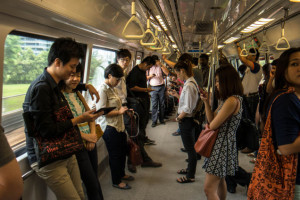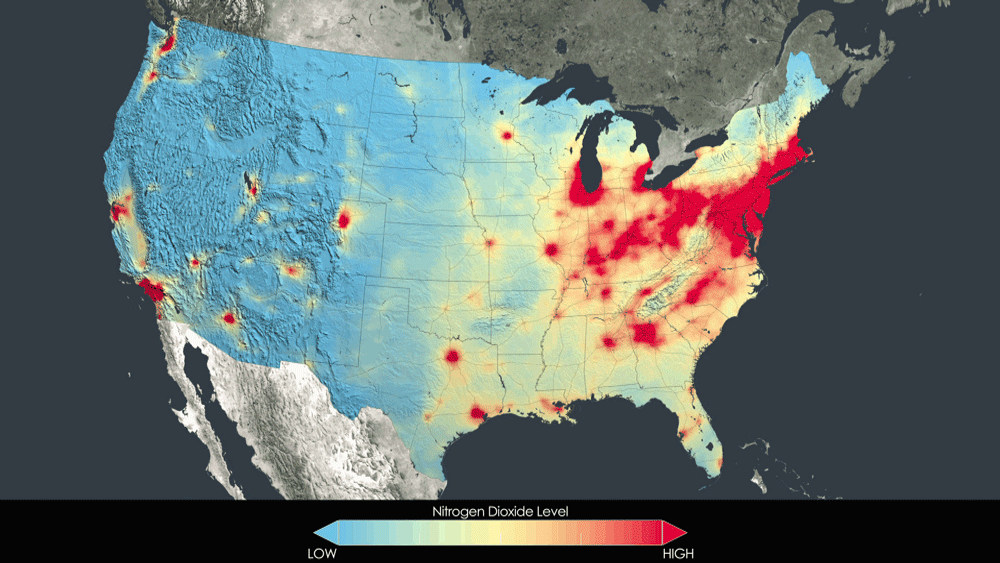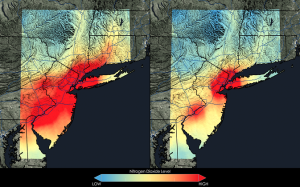
Even as it is under fire, Uber’s role is expanding. Photo via Uber
Over the past seven years, Uber and ride-sharing have taken the transportation world by storm, changing consumers’ transportation habits, and forcing cities around the country to rethink their own transportation systems.
Uber’s troubles still get most of the attention.
Last week, a federal judge ruled that a lawsuit by Google’s self-driving car division, Waymo, will go to trial. Waymo has accused one of its former engineers of stealing thousands of pages of trade secrets when he left, and taking them over to Uber. The judge rejected Uber’s claim that the dispute was an employment matter that should have been settled through arbitration.
In the meantime, Uber is moving beyond its original approach of growing its customer base through individual customers. Some states and cities are ncreasing the role of Uber within their jurisdictions.
Five Florida cities are subsidizing Uber rides, and providing further support by paying for rides to public transportation stations. A New York City proposal, if passed, would force Uber to add a tipping option for riders within the city. And Edmonton, Alberta has begun exploring a partnership with Uber and other ride-sharing companies, in an effort to replace bus routes.
Making deals with cities
Last June, the Florida cities of Altamonte Springs, Longwood, Lake Mary, Sanford and Maitland, began their pilot programs with Uber. The five are located just north of Orlando, and aim to save money, reduce traffic congestion and increase ridership of their SunRail train system.
The program subsidizes 20 percent of every Uber ride beginning and ending within the city. Trips that end or begin at a SunRail station are subsidized 25 percent, according to the Orlando Sentinel. These ideas are often referred to as “last-mile programs,” meant to bring riders to public transportation stations.
Uber kept the amount of money it received from each city a secret until January, when a Longwood city clerk, Michelle Longo, released the invoices from Uber to the Sentinel.
Longo told the newspaper, “While Uber claims this invoice is a confidential trade secret and exempt from disclosure under the Public Records Act, it is the City’s position that this invoice is not confidential and exempt and that the public should have access to this invoice reflecting the amount that Uber is seeking payment from the City under the Pilot Project Agreement.” Continue reading →






